A record number of Japanese seniors are re-entering the workforce to combat an aging population–but also because they just want to.
aging
The sweetest part is that “Silver Tetsuya’s” photographer is none other than his beloved grandson.
“Refresh your soul and hair!” is the slogan of the first white-hair-removal specialty store in Japan.
As you may have heard, the Japanese population has taken a turn for the older…and the smaller. In fact, it has even topped a list of five countries facing “extinction” according to Sputnik Japan. The statistics have got a lot of people talking online, and we’re here to share all the tongue-wagging with you!
At first glance, the sleek packaging of these pantie liners for men looks like a mocked-up image that could have been made as a joke. It looks almost identical to the packaging of some (women’s) liners, except that the branding is silver and dark navy. The product is real and can be purchased in Japan. And unlike bras and panties for men, the market it’s targeting isn’t niche.
Back when I was an irksome, irritable teenager, I used to take issue with the fact that my mother would talk about “the girls at work” when in fact most of them were approaching 50. To me, a 14-year-old with copies of FHM stashed under his bed and enough testosterone and sexual frustration to make his eyes water, a “girl” was either someone my friends and I would whisper about at school or whichever scantily clad celebrity happened to be on the cover of said cheeky magazine each month.
Thankfully, now 31 and my hormones having settled down a bit, I’m able to appreciate that whether or not we label someone a “girl” really depends on the person in question, and dare I say it some of my mother’s (slightly younger) colleagues would no doubt get the nod of approval from both me and my old school friends if we had the pleasure of meeting them. But a recent question posted on Japan’s Oshiete! goo, a Q&A site not unlike Yahoo! Answers, asking where we draw the line between “girl” and “woman”, or rather “joshi” and “josei” in Japanese, has sparked quite the debate online, with some proposing that age 40 is the cut-off point while others believe “joshi” ends at 20.
The endless influx of American hamburger and pancake chains onto Japanese shores is perpetuating the stereotype that the American diet is basically nothing but an artery-clogging combination of grease and lard peppered with artificial flavors, but for American expats sick of being asked “Do you love hamburger?” by Japanese acquaintances, help may be on the way.
Rumor in Japanese foodie circles has it that the next American food chain to come to Japan may just be True Food Kitchen, an Arizona restaurant focusing on so-called “anti-aging” recipes made from healthy, natural ingredients.
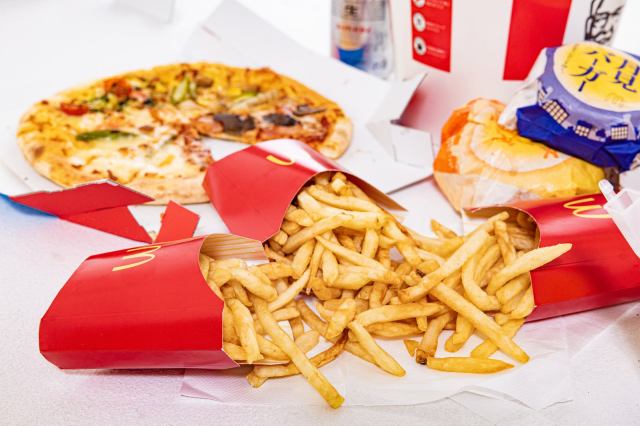
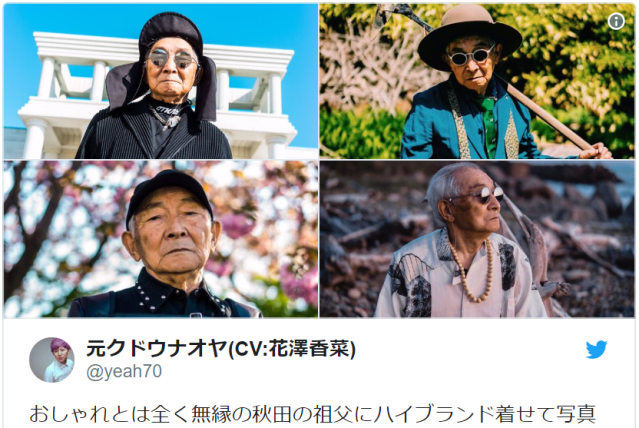
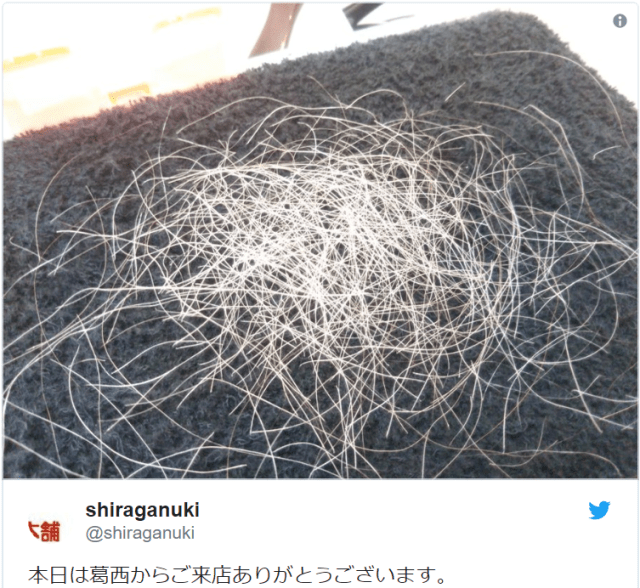
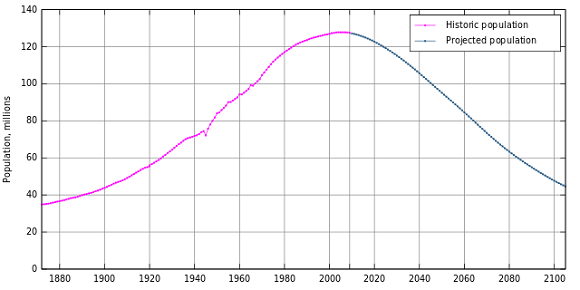
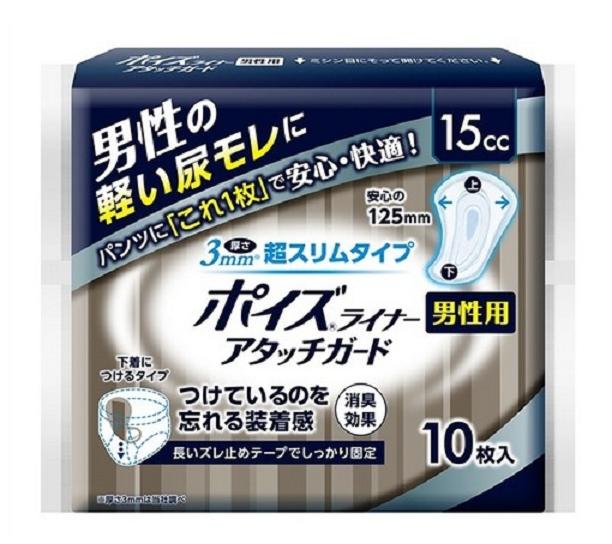

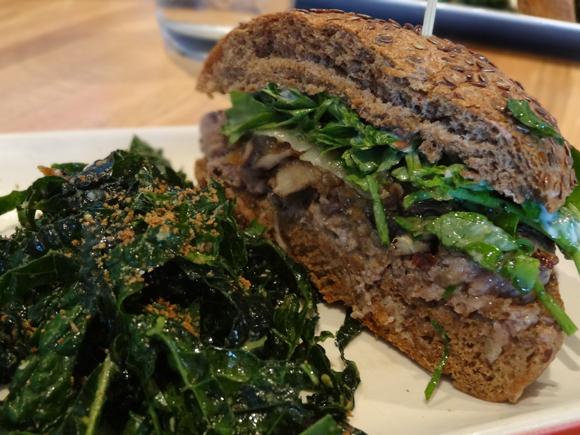
 Starbucks Japan unveils new sakura cherry blossom collection for hanami season 2026
Starbucks Japan unveils new sakura cherry blossom collection for hanami season 2026 Sakura Festival in Chiyoda mixes illuminations, boats, music, and Rilakkuma in the heart of Tokyo
Sakura Festival in Chiyoda mixes illuminations, boats, music, and Rilakkuma in the heart of Tokyo Which convenience store onigiri rice balls are the most popular? Survey reveals surprising results
Which convenience store onigiri rice balls are the most popular? Survey reveals surprising results Kyoto raises hotel accommodation tax to fight overtourism, travelers could pay up to 10 times more
Kyoto raises hotel accommodation tax to fight overtourism, travelers could pay up to 10 times more Extreme budget travel! Can you do a good weekend trip to Taiwan with 50,000 yen (US$370)? – Part 2
Extreme budget travel! Can you do a good weekend trip to Taiwan with 50,000 yen (US$370)? – Part 2 Japan’s first hotel with a human washing machine is now ready for you to come and bathe in it
Japan’s first hotel with a human washing machine is now ready for you to come and bathe in it Can you eat lunch in Tokyo for less than 500 yen?
Can you eat lunch in Tokyo for less than 500 yen? Starbucks Japan releases first-ever Hinamatsuri Girls’ Day Frappuccino
Starbucks Japan releases first-ever Hinamatsuri Girls’ Day Frappuccino Japan’s human washing machines will go on sale to general public, demos to be held in Tokyo
Japan’s human washing machines will go on sale to general public, demos to be held in Tokyo Depopulation in Japan leads company to renovate two apartments into one huge living space
Depopulation in Japan leads company to renovate two apartments into one huge living space Japanese restaurant chain serves Dragon Ball donuts and Senzu Beans this spring
Japanese restaurant chain serves Dragon Ball donuts and Senzu Beans this spring Japan Extreme Budget Travel! A trip from Tokyo to Izumo for just 30,000 yen [Part 1]
Japan Extreme Budget Travel! A trip from Tokyo to Izumo for just 30,000 yen [Part 1] Highest Starbucks in Japan set to open this spring in the Tokyo sky
Highest Starbucks in Japan set to open this spring in the Tokyo sky Japan’s craziest burger chain takes menchi katsu to new extreme levels
Japan’s craziest burger chain takes menchi katsu to new extreme levels Japan Extreme Budget Travel! A trip from Tokyo to Izumo for just 30,000 yen [Part 2]
Japan Extreme Budget Travel! A trip from Tokyo to Izumo for just 30,000 yen [Part 2] Japan has only one airport named after a samurai, so let’s check out Kochi Ryoma【Photos】
Japan has only one airport named after a samurai, so let’s check out Kochi Ryoma【Photos】 Japanese drugstore sells onigiri at pre-stupid era prices, but how do they compare to 7-Eleven?
Japanese drugstore sells onigiri at pre-stupid era prices, but how do they compare to 7-Eleven? Viral Japanese cheesecake from Osaka has a lesser known rival called Aunt Wanda
Viral Japanese cheesecake from Osaka has a lesser known rival called Aunt Wanda Japan’s newest Shinkansen has no seats…or passengers [Video]
Japan’s newest Shinkansen has no seats…or passengers [Video] Starbucks Japan releases new sakura goods and drinkware for cherry blossom season 2026
Starbucks Japan releases new sakura goods and drinkware for cherry blossom season 2026 Foreigners accounting for over 80 percent of off-course skiers needing rescue in Japan’s Hokkaido
Foreigners accounting for over 80 percent of off-course skiers needing rescue in Japan’s Hokkaido Super-salty pizza sends six kids to the hospital in Japan, linguistics blamed
Super-salty pizza sends six kids to the hospital in Japan, linguistics blamed Starbucks Japan unveils new sakura Frappuccino for cherry blossom season 2026
Starbucks Japan unveils new sakura Frappuccino for cherry blossom season 2026 Foreign tourists in Japan will get free Shinkansen tickets to promote regional tourism
Foreign tourists in Japan will get free Shinkansen tickets to promote regional tourism The 10 most annoying things foreign tourists do on Japanese trains, according to locals
The 10 most annoying things foreign tourists do on Japanese trains, according to locals Take a trip to Japan’s Dododo Land, the most irritating place on Earth
Take a trip to Japan’s Dododo Land, the most irritating place on Earth Naruto and Converse team up for new line of shinobi sneakers[Photos]
Naruto and Converse team up for new line of shinobi sneakers[Photos] Is China’s don’t-go-to-Japan warning affecting the lines at a popular Tokyo gyukatsu restaurant?
Is China’s don’t-go-to-Japan warning affecting the lines at a popular Tokyo gyukatsu restaurant? Survey asks foreign tourists what bothered them in Japan, more than half gave same answer
Survey asks foreign tourists what bothered them in Japan, more than half gave same answer Starbucks Japan releases new drinkware and goods for Valentine’s Day
Starbucks Japan releases new drinkware and goods for Valentine’s Day We deeply regret going into this tunnel on our walk in the mountains of Japan
We deeply regret going into this tunnel on our walk in the mountains of Japan Studio Ghibli releases Kodama forest spirits from Princess Mononoke to light up your home
Studio Ghibli releases Kodama forest spirits from Princess Mononoke to light up your home Major Japanese hotel chain says reservations via overseas booking sites may not be valid
Major Japanese hotel chain says reservations via overseas booking sites may not be valid Put sesame oil in your coffee? Japanese maker says it’s the best way to start your day【Taste test】
Put sesame oil in your coffee? Japanese maker says it’s the best way to start your day【Taste test】 No more using real katana for tourism activities, Japan’s National Police Agency says
No more using real katana for tourism activities, Japan’s National Police Agency says Japan’s first hotel with a human washing machine is now ready for you to come and bathe in it
Japan’s first hotel with a human washing machine is now ready for you to come and bathe in it Can you eat lunch in Tokyo for less than 500 yen?
Can you eat lunch in Tokyo for less than 500 yen? Starbucks Japan releases first-ever Hinamatsuri Girls’ Day Frappuccino
Starbucks Japan releases first-ever Hinamatsuri Girls’ Day Frappuccino Japan’s human washing machines will go on sale to general public, demos to be held in Tokyo
Japan’s human washing machines will go on sale to general public, demos to be held in Tokyo Depopulation in Japan leads company to renovate two apartments into one huge living space
Depopulation in Japan leads company to renovate two apartments into one huge living space This classroom is not for kids: We went back in time at the elementary school pub!
This classroom is not for kids: We went back in time at the elementary school pub! Take a trip to Japan’s Dododo Land, the most irritating place on Earth
Take a trip to Japan’s Dododo Land, the most irritating place on Earth The etiquette rules for visiting Shinto shrines in Japan
The etiquette rules for visiting Shinto shrines in Japan Potama serves up epic rice balls like no other, and there’s only one store in Tokyo
Potama serves up epic rice balls like no other, and there’s only one store in Tokyo Death Spray from Japan causes buzz online for powerful ability to cut ties with bad energy
Death Spray from Japan causes buzz online for powerful ability to cut ties with bad energy Starbucks Japan releases New Year’s mugs and travel cups featuring lucky cats, daruma and Mt Fuji
Starbucks Japan releases New Year’s mugs and travel cups featuring lucky cats, daruma and Mt Fuji Let’s try again: Why can’t we make takoyaki with squid instead of octopus?
Let’s try again: Why can’t we make takoyaki with squid instead of octopus? Six things you should order at Japanese conveyor belt sushi restaurant Hama Sushi
Six things you should order at Japanese conveyor belt sushi restaurant Hama Sushi